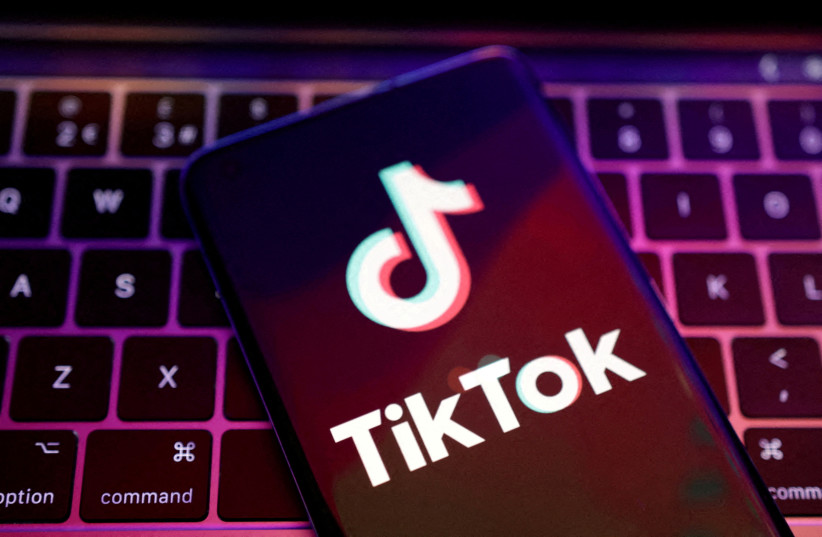In response to the escalating conflict between Israel and Hamas in Gaza, TikTok has announced a comprehensive anti-hate campaign on its platform, centered around the hashtag #SwipeOutHate. The social media giant is taking steps to combat hate speech and foster a safer online environment for its diverse global community.
In a recent press release, TikTok unveiled a series of initiatives aimed at addressing the rise of antisemitism and Islamophobia, exacerbated by the ongoing conflict. The company has established a dedicated anti-hate and discrimination task force within its trust and safety team to develop a robust plan for cracking down on hateful behavior.
As part of this initiative, TikTok is investing additional resources to proactively identify and address emerging trends before they gain visibility.
The platform is also intensifying training for moderators to address implicit bias and unique aspects of hateful ideologies.
TikTok's new comment feature

To reinforce content moderation, TikTok is introducing Comment Care Mode, an expansion of its comment control suite, as part of the #SwipeOutHate campaign. This feature empowers creators by providing new options to filter out unfriendly or unwelcome comments.
When activated, Comment Care Mode filters comments similar to those reported or deleted by the creator, or those deemed inappropriate, offensive, or containing profanity. Early data suggests that creators using these filters experience a significant 30% decrease in the number of reported comments.
Recognizing the importance of hearing directly from affected groups, TikTok is initiating a co-design and product beta testing program under the #SwipeOutHate banner. This program will allow creators to provide input on features and test them to ensure they meet the needs of the community.
Managed creator communities will be expanded to include Jewish, inter-faith, API (Asian and Pacific Islander), and LGBTQ+ communities next year, further advancing the mission of #SwipeOutHate.
In addition to these measures, TikTok remains committed to enforcing its policies on hate speech, misinformation, and other violations. Between October 7 and November 30, the platform removed over 1.3 million videos in the conflict region for violating community guidelines.
Globally, tens of millions of pieces of content were removed during the same period, and over a million videos containing violence or graphic content were restricted from teen accounts.
TikTok’s role in the Anti-Israel discourse
While TikTok launches its #SwipeOutHate campaign, the platform finds itself under intense scrutiny due to recent controversy surrounding its content related to Israel.
Asa Shapira, Head of the marketing and advertising track at Tel Aviv University's communications department, shed light on the broader issue within the social media ecosystem. Shapira emphasized that TikTok is part of a larger network of social media platforms, all driven by algorithms designed to maximize profit for their owners.
Furthermore, Shapira elaborated on how TikTok and other social media sites have a profound impact on Western cultures due to their cultural approaches to social justice narratives.
“With hashtags like #FreePalestine, we're seeing the zeitgeist of the woke movement of oppressor versus oppressed, being articulated in a way that speaks volumes to the West when they see the same oppressor versus oppressed dynamic that they encounter within their own culture: black vs white, man versus woman, heterosexual vs LGBTQ," he said. "To virtue signal that ‘I am for a free Palestine’ is essentially to say, ‘I am part of those people that are fighting the oppressors,’ and that's why we see a significant influx of such content from the West.”
